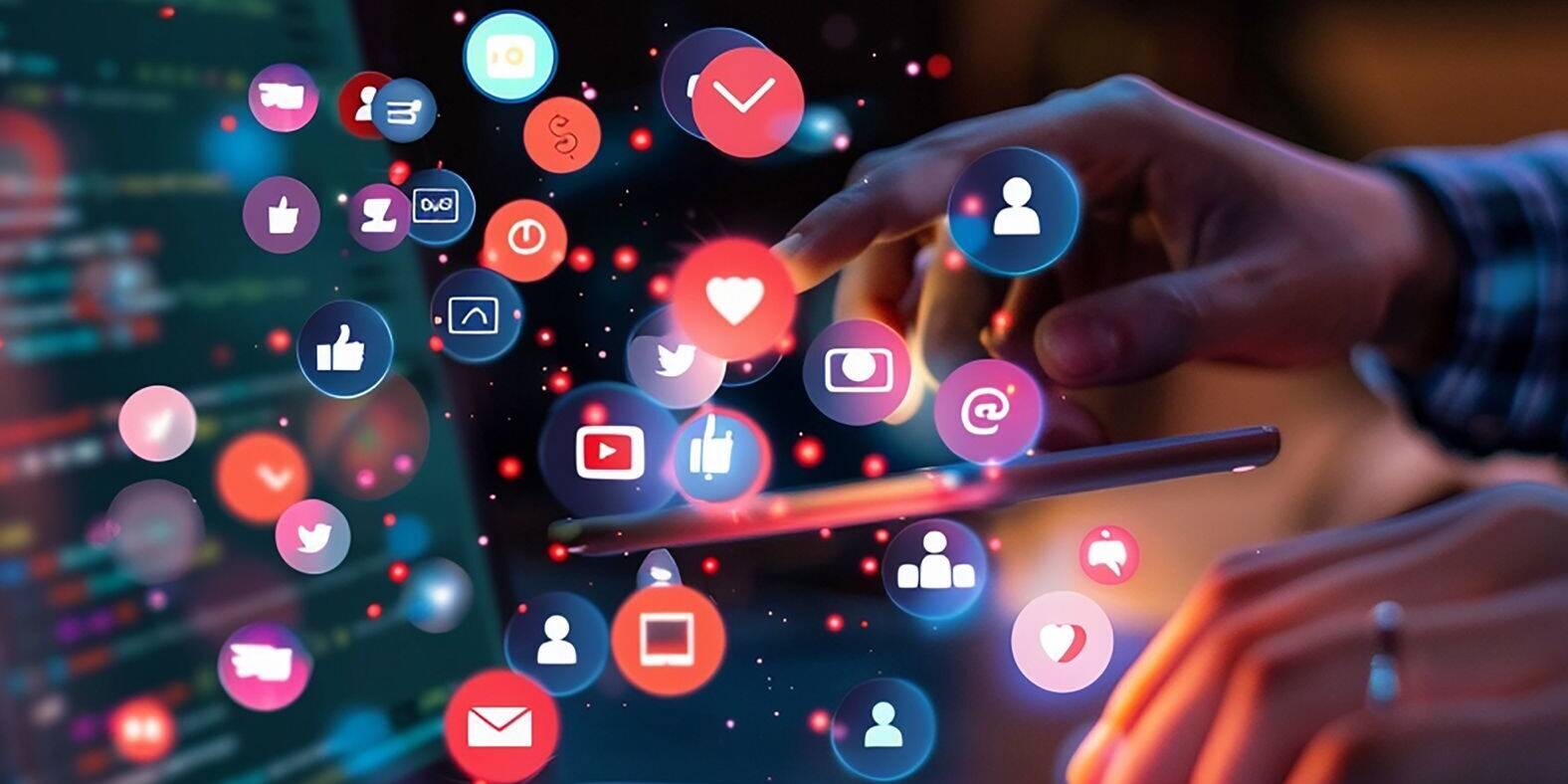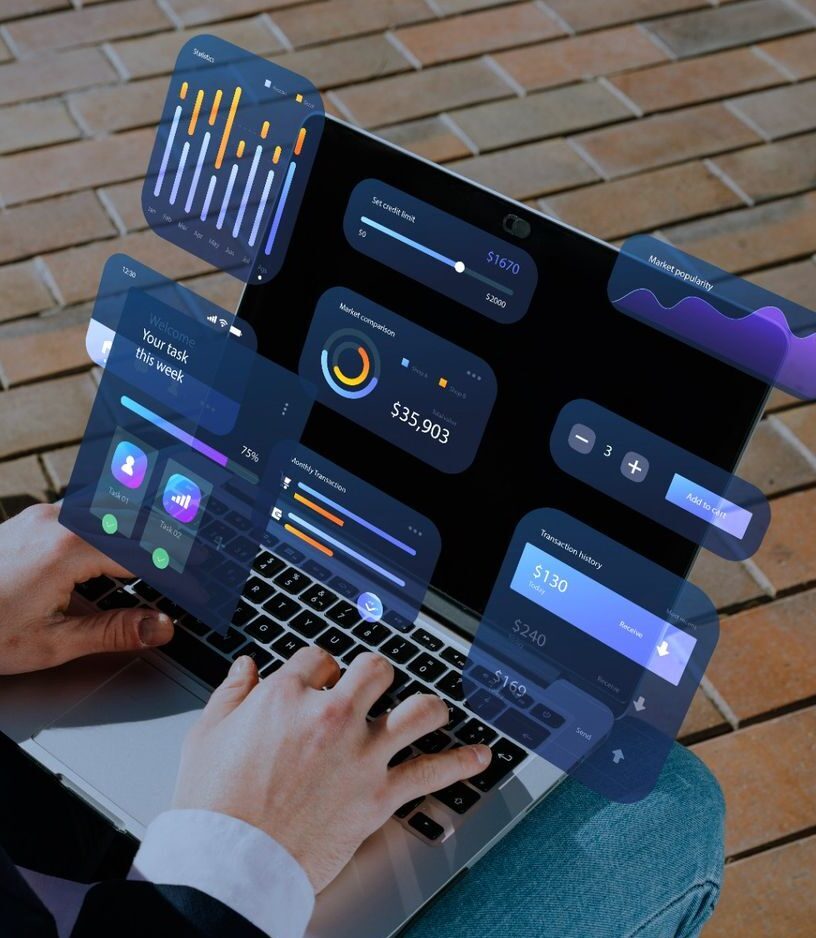Every technological disruption brings forth new terminologies that resonate with technologists, often becoming integral to the products and services they develop. Take, for example, the recent surge of Artificial Intelligence (AI), which has permeated nearly every aspect of modern technology. A few years prior, the Internet of Things (IoT) experienced a similar boom, rapidly becoming a standard feature in various industries. However, while IoT seems to have faded from the forefront of discussions, many AI-enabled smart products today are essentially IoT devices in disguise.
The driving force behind this evolution is Web 4.0—the Intelligent Internet—which is transforming the Internet of Things into the “Intelligent of Things.” This new wave of technology allows for capabilities far beyond our initial expectations of IoT. Initially seen as basic, connected devices, IoT technologies have now evolved into sophisticated systems powered by AI. Although the terminology has shifted, the fundamental principles remain unchanged.
As a brand, leveraging IoT to enhance user experiences is crucial. Consider Generation Alpha, born into an era where smart technology is a given. Their expectations from brands include understanding their individual needs and offering highly personalized experiences. IoT, combined with intelligent internet technologies, provides marketers with invaluable data on consumer behavior. This understanding allows brands to design, communicate, and deliver greater value tailored to each unique consumer.
Adapting to the evolving technological landscape is essential for brands. It’s not merely about adopting new technology but understanding and meeting human expectations. Brands that fail to integrate advanced technologies risk becoming obsolete. Leading brands across various industries, such as banking, finance, and commerce, are already harnessing these technologies to disrupt markets and enhance customer experiences.
For instance, in the medical industry, AI has revolutionized the process of designing, testing, and producing new vaccines and medicines. AI can analyze hundreds of body parameters to create highly specific drugs tailored to individual needs. This capability extends to brands selling supplements, allowing them to offer personalized products based on precise consumer requirements.
IoT is far from dead; it is evolving as a subset of AI. IoT remains crucial for advancing technology, whether integrated with AI, blockchain, or other emerging technologies. By embracing and enhancing IoT with better technology, we can continue to improve its applications and impact on the real world.



